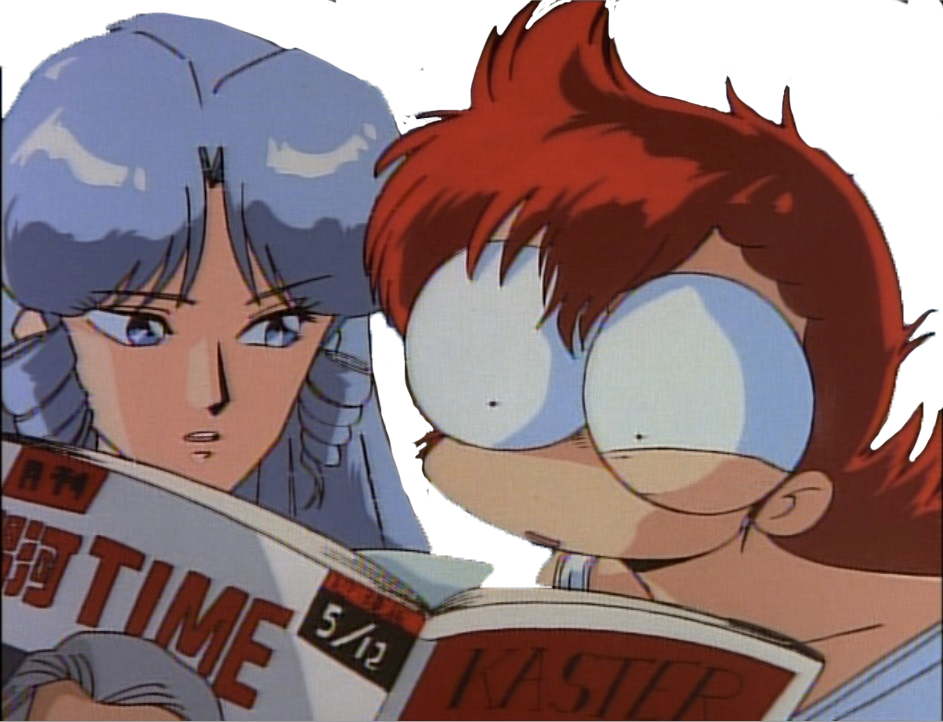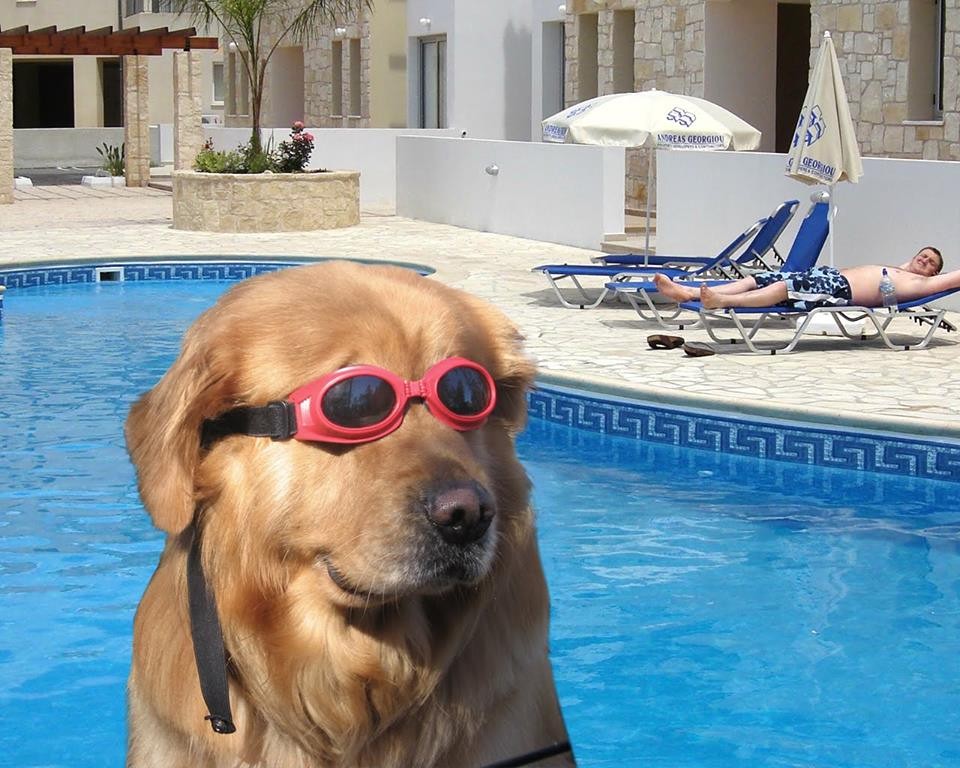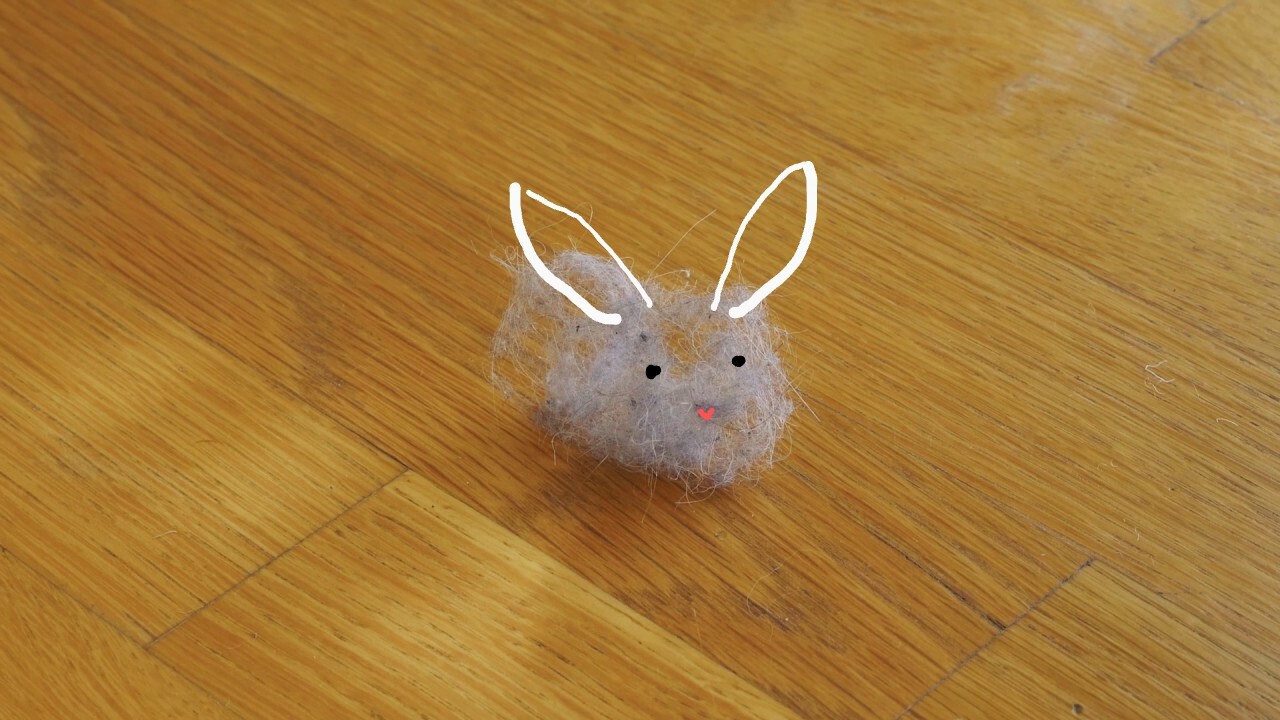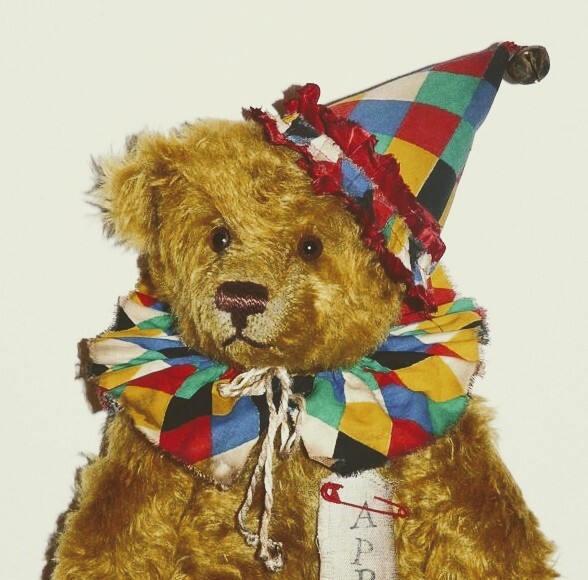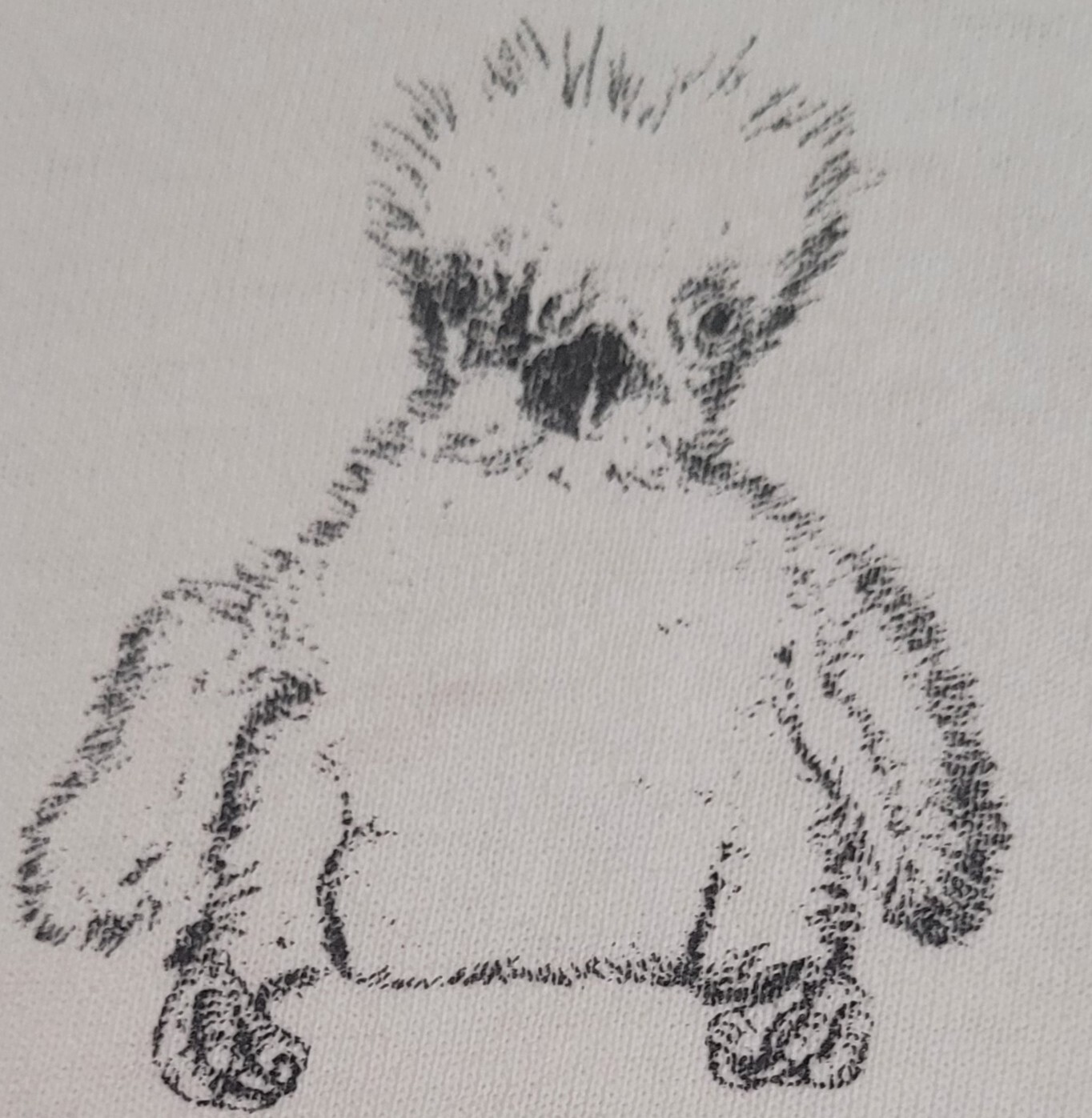(Image from the 1977 504 sit-in.)
Welcome to the first weekly disabled community discussion thread for the week of 10/28/2024 — 11/3/2024.
This community is brand new! Everyone is welcome to post new topics and comments. However, we ask that in order to participate in the weekly megathread, one self-identifies as some form of disabled, which is broadly defined in the community sidebar:
"Disability" is an umbrella term which encompasses physical disabilities, emotional/psychiatric disabilities, neurodivergence, intellectual/developmental disabilities, sensory disabilities, invisible disabilities, and more. You do not have to have an official diagnosis to consider yourself disabled.
Disabled people in the U.S. today experience a poverty rate of approximately 30 percent; comprise 40 percent of the total homeless population; have an active labor market participation rate of less than 20 percent, despite self-reporting a preference to do so at a rate well over 60 percent. Hundreds of thousands of disabled people remain today living in institutional or carceral environments, such as nursing homes or prisons, where conditions tend towards the cruel or barbaric.
Thus, when we ask the question, what is disability, we are not really providing a full answer if we only talk about physiology, biology, or even identity reduced to a cataloging of manifest limitations or functional deficits. In fact, disability – or, to put it perhaps more accurately, disablement – is a dialectical phenomenon arising from existing political, economic, and social relations in society.
While variations in human bodies, minds, and behaviors – up to and including those traits which might be termed ‘impairments’ – have always been an indelible and essential aspect of the human species, disability as we have come to understand it in the modern era is neither eternal nor transhistorical.
The notion that a group of people – with a vast array of completely different traits, capacities, morphologies, and phenotypes – could be lumped together and labeled according to their relative lack of generalized “ability,” in the abstract, is in fact endemic to the particular period of more recent human history signaled by the emergence and dominance of the capitalist mode.
Specifically, what is the relationship between disabled people and the working class, as such?
... we should hold an expansive conception of disability, which understands it both in terms of class location, but also more generally as a phenomenon less immediately relevant to the positions of the classes than to the processes intrinsic to the relations of the classes. In other words, centering the analysis of disability on the processes of labor commodification, exploitation of labor, market competition, and class division.
Put differently, the conditions that reproduce the division of society into separate classes, and in particular, reproduce that class of people whose lives are wholly determined by the commodified value that their labor power can purchase on the capitalist market, are the same conditions that reproduce a subclass of people whose very existence is diminished and devalued according to the relatively diminished and devalued worth of their labor power as measured by the logic of commodified market competition.
Insofar as the value of commodity labor power under capitalism is both a creation and a measure of the rate of exploitation obtaining in the market – that is, the rate at which capitalists can competitively extract surplus value from the productive labors of the working class – then the simple realities of human physiology, let alone the complex realities of biopolitics, mean that there will always be and must necessarily be a constant proportion of the working class whose commodified labor power manifests as a “disability,” with the attendant forms of oppression concomitant thereto.
The struggle against disability oppression should be seen as innately allied with all other struggles born of – and against – capitalist oppression. Specifically, disablement is a form of oppression arising from the system of exploitation of labor, and therefore the historical struggle of the working class against exploitation.
from Keith Rosenthal of Tempest Collective
Mask up, love one another, and stay alive for one more week.
btw mod positions are still open (and probably always will be). if you want to be a mod just dm me with your matrix account and/or leave a comment on the post calling for mods which is pinned to the top of the comm. ofc the only requirement is that you identify as disabled and that you are a socialist.
also i’d be especially stoked if any disabled poc are interested in modding, we’ve got to keep the white people in check

I'm very happy this com exists! I have been disabled since I am 20 and there is only so much I can discuss with my abled friends.
In particular, I am stuck on how much more ensnared I am into work-insurance than a lot of my comrades. My risk tolerance is much lower because people with my condition do not receive adequate care in prison and losing my job due to a night in jail means losing access to vital medication. At the same time, I have so much pain and difficulty feeling impotent as a result.
I was this way with the 2020 BLM demonstrations in my city. My partner went, but I didn’t, because from experience a night in jail/any institution = I do not get medication I need to live, and it ate me up for so long. It still does. This is to say nothing of how negligent everyone — everyone — is about masking for COVID risk in every current movement, a contradiction I still have not quite figured out how to broach with any success.
As for feeling impotent, well, the way I see it is that information has always been my strong point. Information, connections, and assistance. Forgive the cringe Disney reference, but Kim Possible can’t do her thing without Wade; that will be my contribution, and it is as valuable as any other.
I got two lines I'm stuck between. On the one hand, it's a much bigger risk for myself than a lot of my comrades. On the other, it's people in the Global South fighting and dying to repel imperialism and I'm not willing to take a %30 to my well-being. I'm not sure where the balance is but it's got to be a certain point where we must be willing to take risks.
I think it's very important to recognize that folks have a variety of strengths, and that we can multply each other's strengths. Like, child care? hugely important for the revolution. If you can keep an eye on kids you're freeing up other people to use their skills. There's all kinds of critical rear-area, logistics, education, and so forth stuff that needs doing. Doing dangerous protest stuff is important, but so is proofreading pamplets, or helping people navigate social services, or whatever you can do.
I think "from each according to their abilities, to each according to their needs" is one of the most profound and important moral statements in history because it acknowledges that everyone has different capabilities they can contribute, and that regardless of your ability to contribute you're a person and you're part of society and making sure your needs are met is equally as important as ensuring the needs of every other person in society are met without distinction or discrimination.
The list that @Wertheimer@hexbear.net about protest roles is really good bc it shows roles people can take other than being frontliners. Ableism has convinced so many people they can't help, but so many people can help but their ability to contribute is not recognized or valued. : (
I love your reference to kim possible. Behind every cool action hero person is another person in a remote location feeding them intel via a radio link.
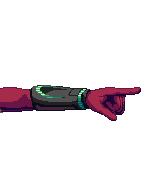
We don't seem to have metal gear solid codec emojis.
When my partner got home that night she had bruises from where the police beat her, but I was waiting at home to help take care of it and have a space for her to rest and recover. I like the way you put it elsewhere, “an army fights on its stomach”. Someone needs to feed everyone else! There are so many ways to resist that don’t involve fighting on the front lines and that’s where we can shine.

Losing access to medication, even for a day, can be dangerous, and something like a concussion or long Covid could make my condition even worse. Plus I'd lose my Social Security if I were convicted of anything. (I'd also lose my Social Security if I took a volunteer position that they could decide should count as a job.)
At the same time, I have so much pain and difficulty feeling impotent as a result.
I struggle with this a lot. To add to what @Ivysaur@hexbear.net said - here's a chart from Devon Price's Unlearning Shame that I've been thinking about a good deal lately. (Although I have mixed feelings about the book as a whole, at least it addresses one of the major psychological consequences of my disability - that constant feeling that I'm never doing enough.)
CHANGE-MAKING “CHARACTER CLASSES”
The Protester
Attends public actions
Works with other protestors to disrupt the status quo and draw attention to an issue
Speaks out in the face of injustice
Intervenes to protect the vulnerable from violence
Confronts harassment of the vulnerable directly or provides a barrier between the vulnerable and the police or from another attacker
The Educator
Creates community resources
Studies the available literature and movements from the past
Explains concepts and introduces new ideas
Documents a movement’s history and draws lessons from past experiences
Mentors members of the community and helps expand their views
The Mediator
Helps translate challenging ideas to people who are on the fence or find some ideas too “radical”
Questions unjust policies and assumptions in their organizations
Intercedes during conflicts to help de-escalate or find common ground
Gets people who are “on the fence” or not very politically involved more open to difficult conversations
Advocates for marginalized people to be centered in decision making
The Healer
Provides medical care for people harmed during protests or altercations with the police
Helps ensure people in the community are well fed and have access to resources
Listens supportively as people decompress about frustrations or traumatic experiences
Speaks out when a movement is placing unrealistic demands on its members
The Organizer
Collects and systematizes community resources
Assists in the planning and execution of actions
Maintains records and keeps meeting minutes
Serves as an informal project manager for initiatives as needed
Helps track goals, budgets, resource allocation, etc.
The Artist
Inspires others with uplifting messages
Breaks down complex concepts into memorable messages or symbols
Provides comfort and much-needed distractions to exhausted members
Helps provide movements with markers of belonging and identity
Spreads messages to an audience that might not otherwise find them
The Connector
Introduces people and expands the community
Disseminates event invitations and information
Builds coalitions across organizations or identity groups
Welcomes new members
Plugs isolated individuals into the support networks they need
I feel you on Long Covid. I cannot explain to most people that I'm going to wear a mask for the rest of my life because LC symptoms have so much overlap with Bipolar and ADHD symptoms and I'm barely hanging on as it is. If the two conditions compounded or multiplied each other I wouldn't be able to function at all. It's like trying to explain rocket science to a horse.
Whenever folks express dismay that they can't do cool activism stuff on the front lines i try to remind them that an army marches on it's stomach and there's lots of logistics things that need to be done that don't involve marches and protest camps. Handling phones, making food, taking care of kids, coordinating intelligence, teaching classes and sharing expert knowledge. Many people can fight for a cause in ways that go beyonf the highly visible stereotypes of what protesting looks like but our society makes people think they're useless if they can't play tennis with tear gas cannisters.
I feel that. Bipolar Disorder puts hard limits on my activism. Spending months in pre-trial detention would be very bad for me, and even a few days could cause severe problems, and I always have to carry that around when deciding what I can and cannot participate in. It makes cops even more frightening than they would otherwise be.
It also highlights how prison is a threat and a coercion to keep people in line. Knowing that if the pigs decide to come down on you, you'd be subjected to defacto medical torture. : p
I became disabled after getting covid and I recently learned that my condition will probably not go away. It still feels very surreal. Glad I can now post here though.
Same 😞. I had a pre-existing condition that had already impacted me, and COVID just made it more severe.

It's hard as shit making that adjustment and coming to terms with it.
Thank you
 Ya it is hard. I’ve felt a lot of grief over my previous life
Ya it is hard. I’ve felt a lot of grief over my previous life
And now I unveil my grand plan behind creating c/disabled — so I can have a space to chronicillnesspost somewhat on-topic

Neurologist asks, "Do you keep a headache diary?"
"Sure thing, doc, it's right here on hexbear dot net."
"This is ... this is just a picture of a pig shitting on its own testicles."
"Oops, sorry, that one was for the billing department."
Hehe hope that you will still chronic illness post in the trans mega too.

Think it really helps for non disabled folks to see us too, and I didn’t realize my disability until after I realized my transness!
Hell, that's the first thing I thought of when I saw you suggest it. We need a place to effortlessly post, not just effort post!
i've gotten overwhelmed and immensely disgusted by how no one cares about covid, especially family who will mention new, bizarre symptoms and immediately ponder "why is everyone so sick now." yet i'm supposed to want to go to holidays with them when i already had trouble connecting with them in the first place.
I believe at this point everyone knows. I do not buy the ignorance cope after nearly 5 years of year-round everyone-is-sick-what's-going-on. It is very different from a generalized ableism that so many of us are used to, I think. I am still formulating what my life in a world like this looks like, because I do not think we are ever going back to 2019.
I do wonder. After going through five yeras of pandemic I have come to be very certain that 80+% of people don't understand the germ theory of disease in even the most basic sense and genuinely believe that Covid just vanished one day.
I have come to some peace with the life I envision being most likely impossible in any western country but especially the US. You still see these sort of brainworms elsewhere but it has really devolved lately I think and as the mask continues to deteriorate here things are only going to get worse. I'd rather try to "live with" COVID in a place where there is at least any consideration of the whole of a social organism; in one of the most "progressive" states in the country my family and closest friends would do literally anything else on earth than accomodate very basic requests like, "if you want to see me, you wear a mask around me" — something completely inoffensive and easy. I just do not see this being such a point of contention anywhere but in these individualism-poisoned hellholes. If there is a will for this most minor of personal accomodations, then there is at least an opportunity to plant the seeds necessary for broader change, and I feel like I can live comfortably with that. But...there isn't even that, here. I'll have to see for myself what it's like anywhere else. Bleak shit.
Trying to decide if i want to do any holidays this year. Last year i wore a mask inside at all times and had an air purifier in the sleeping room, and i didn't get much pushback. But I also caught covid for the first time this summer and fortunately got away with only a mild persistent cough so idk if i want to risk it or not. : (
The Anglo is chosen by nurgle. By papa nurgles blessing we claimed this land and he continues to favor us with his gifts. It is your patriotic duty as an American to wallow in filth and toxins.
I think there's two key components:
-
Covid doesn't have a telltale symptom that screams "you definitely have the Rona." The closest was the inability to smell, but I think that was for the earlier variants(?). By telltale symptom, I mean something like your forehead starts growing a nasty tumor or your skin color turns fluorescent green or your stool glows in the dark. Except for the inability to smell, every other symptom is just a generic "I don't feel so good" symptom. This is why "it's just like a flu" is so pervasive. Because for a lot of people, it really is just like the flu as far as their symptoms are concerned.
-
The plague rats are pervasive enough that it's impossible to pin down who exactly infected who. If someone got Covid, it's legitimately hard to know who actually gave them Covid. Maybe if they're a complete self-sufficient hermit who only has contact with the same person once a month. But if they have a day job surrounded by plague rat coworkers, they basically can't tell who gave them Covid. This means that the plague rat's conscience is always completely guilt free because no one can definitively prove that the plague rat's criminal negligence infected other people. Like the Covid positive plague rat could cough into some person's face and infect them with Covid and the plague rat will always have an excuse "I didn't give you Covid. How do you know it wasn't the mailman or your coworkers or the cashier at Walmart or the person next to you pumping gas at the gas station or blah blah blah." Always an excuse to worm their way out of culpability.
So, now we're stuck in a situation where most people are half in denial whenever they have Covid because they don't have a nasty forehead tumor but since they can't be socially ostracized for infecting other people, they don't give a fuck.
"I didn't have Covid. It was just the flu. Never mind that I repeatedly coughed in your face. See, you getting Covid doesn't have to do with me because I got the flu, not Covid. See, even the take home tests that's notorious for the amount of false negatives say so. You probably got Covid from your coworker who also repeatedly coughed in your face. Why do you have to be so paranoid and weird about it?"
And when you confront your coworker, they give the same exact response. Nobody wants to accept responsibility.
-
I grew up with undiagnosed ADHD. My kid presents very similar to me. When they got diagnosed by a neuropsych, their case was described as “severe”. I have no idea if that’s a clinical distinction, but seeing the school refer to their ADHD as “a legally recognized disability” gave me pause because I’d never considered myself disabled.
Learning about the social model of disability and listening to disability advocates has helped me be easier on myself and give myself the rest I needed (I also have some sort of sleep disorder that’s currently being diagnosed). Basically, I’m glad this community is here. Just dumping, I guess.
Another one here, but likely audhd. For me it was my kid that made me see it.

Wait, ADHD is legally recognised as a disability where you're at? This is the first time I've heard of it as such, which is... interesting. I have AuDHD and out of the two, I have struggled with accepting the autism part because while many of the symptoms of ADHD can be managed with the right meds for most people, there isn't really a "quick fix" for autism. Up until then, I never considered myself disabled either.
I'll have to read up on the social model of disability because I've got a lot of ableist brain worms wriggling around. Do you have any recommendations? Also, I'm glad (and rather hopeful) that it has helped you be easier on yourself because that's where I struggle with the most.
In the US, having ADHD entitles you to accommodations under the Americans with Disabilities Act, yeah. I don’t have any reading recommendations, unfortunately. The social model is pretty easy to explain the basics of, though. The medical model of disability says that the human body has normative functions and that disability is a deviation from those normative functions. The social model is more relative. It says that, while some people have impairments like difficulty walking, disability itself comes from society’s inability or lack of desire to accommodate those impairments and that some disabilities are just the result of differences, not impairments at all. So if focuses on your desired ways of functioning and then looks at the way society makes them difficult or impossible for you. It’s not perfect, but it’s pretty succinct and helps to reframe a lot of internalized ableism for me.
Colorblindness is a great example of social model disability. It's a disability in any context but when traffic lights use red and green lights to signal stop and go a red/green colorblind person suddenly faces a serious and dangerous problem that only exists because of a decision made by society.
I've been wrestling with going from "adhd is just a quirky thing and you need to focus" to recognizing adhd as a serious, heavily impairing disabiity. Something that recently hammered it home to me is apparently the general public, if they start college, about 50% of people will graduate.
For people with adhd it's 5%. Five percent! That's an enormous concrete example of how much adhd causes severe problems for people!
I'm still adjusting to the idea in many ways, but looking at adhd as a serious disability has helped me make sense of so many difficult and upsetting and traumatic things in my life. Just realizing that i was never lazy or procrastinating, but rather struggling alone against a hugely disruptive illness, has made me feel so much better about some of the worst times in my life.
That college statistic is wild. I knew school wasn’t designed for me. I didn’t realize it was that bad. I actually considered going back to college to finish a proper degree (I have an independent studies associates basically on a technicality). But I’d have to go to one of those schools where you take one class at a time on just a matter of a couple weeks. I’m good at speed running a course but it always puts me ahead and then I get bored. The material has never been the problem. It’s always been the class structure.
I definitely relate to the what you’re saying about taking it seriously as a disability. I’m also very fortunate to have a partner who I practice a mutual radical acceptance with. There are days where I just feel like a lazy pos and they always pick up the slack and are understanding and I do the same for them on their days.
Me too. The spoons just haven’t been replenishing lately.
I 100% feel that. When you're like literally crawling to the kitchen to eat peanutbutter with a spoon who wouldn't think "why is this happening? What could explain this?"
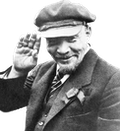 hilarious because it's true
hilarious because it's truejust had a huge rush of happiness, realizing that you all are struggling just as much or worse than I am and also laughing about it ❤️❤️❤️❤️❤️ the pity from other people drives me mad and makes me sad, I would so much rather laugh at the absurdity and ridiculousness of it all, if I possibly can
yeah you're right, true compassion is lovely and can be so rare
honestly, the combination of needing to feel understood but preferring to laugh things off is probably something I should work out in therapy, if I could afford it
Word. There's good pity that builds compassion and solidarity and then there's like, bad patronizing pity.
I also had a very large swelling of the heart last night seeing how this thread was playing out despite what I consider an often very frustrating demographic that makes up the majority of this website. I have seen a lot of names in here floating around elsewhere and I am happy to see them again. I don't think I will ever be to the point of laughter for myself, per se, but the sentiment is still deeply felt.
Word. Events continue to occur when I am not equipped to deal with them, which is very rude.
I didn't realize until this post that not being able to smell was a disability. I'm not really sure what to think or how to feel about it.
It has bothered me for a while, mostly how it impacts eating/taste. Feel silly saying that. Anyway, I didn't realize it counted as a disability and both that classification and the actual issue are a couple things I'm trying to get my mind around, I guess.
I think it's really good and important that it's being more and more recognized that disabilities don't need to be totally life defining or fit in a few narrow categories. If there's a gas leak in your house anosimia/being unable to smell immediately becomes a potentially deadly disability. If you're 7'4" and unable to use most cars and airplane seats, you have to buy extremely expensive custom shoes and clothes, you can't stand upright in many public spaces, you've got a disability under the social model of disability.
Like, if you can't smell, that's going to change how you live and may cause issues for you. Like the gas leak thing, natural gas has no natural odor so they dope it with sulphur to give it a distinct and immediately recognizable odor. So in that case you do have a disability.
Like, "your disability is valid" is super cliche, but it is.
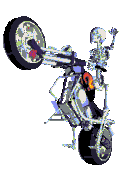 I wanted to say this one was me, but I'm not that cool.
I wanted to say this one was me, but I'm not that cool.Maybe this one?

hell yeah im rolling with the crips

my shit is fucked god damn. i look "normal" and look young and people take that out on me when i mention i move very slow and am gradually turning to dust
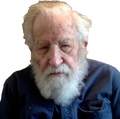
Hehe I have been here a while! I just mostly post in the trans mega.








